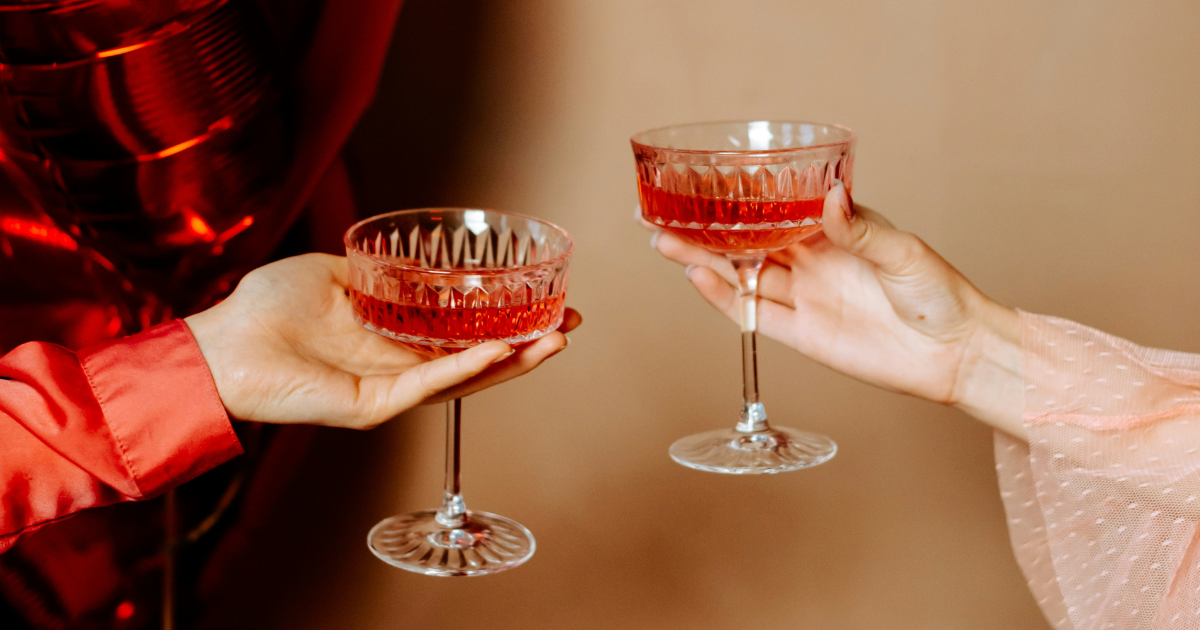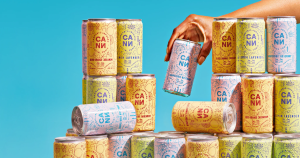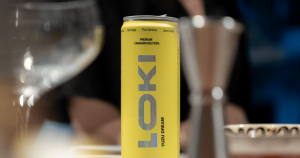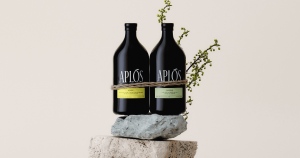By Katie Garry, Founder and CEO of Seek Health Test
Until recently, there has been controversy around whether any amount of alcohol is good for health. We’ve all seen the headlines about red wine containing antioxidants, which can have anti-inflammatory properties. If you’ve done a deeper dive, you’ve probably also read that one drink a day for women is safe and can even be good for our health—especially heart health.
More recent research has debunked these older studies. Red wine does contain antioxidants, but doctors say we’re better off getting them from other dietary sources that don’t contain alcohol, such as blueberries and dark chocolate. The less we drink, the better the odds are for our health, especially when it comes to heart health. According to the American College of Cardiology, around eight drinks per week can increase a woman’s risk for heart disease by up to 51%. The same study found that three or more drinks per day can increase a woman’s odds for cardiac-related conditions by 68%.
Across the board, research shows that women are more susceptible to alcohol-related conditions in every health category. This is largely because the female body is made with more fat and less water so we can reproduce, which makes us metabolize drinks slower than men. As a result, when we drink, ethanol (the ingredient in alcoholic drinks that makes us feel buzzed) sits in our bodies for longer. In the near-term, this makes us more likely to experience symptoms brought on by inflammation (e.g., gut-related issues, skin irritation, anxiety). In the long-term, it can make us more susceptible to alcohol-related conditions—especially breast cancer and heart disease.
So the question becomes: what can we do to feel better today so we’re in recovery mode less—while supporting our long-term health? Also, what if we don’t want to cut out alcohol entirely?
Over 80 million women in the US drink alcohol at least once a month. Of this number, the majority don’t have alcohol use disorder or a form of alcohol dependence. For some women, especially light drinkers, entirely eliminating alcohol sounds easy. For others, cutting back on drinking (the same way we do with other things that aren’t good for us, like sugar and processed foods) feels like a more realistic starting point.
If you fall into the second category and want to make small changes to your drinking habits that will support your health today and 10 years from now, here are a few easy places to start.
1. Only buy drinks with transparent ingredient labels
When it comes to ingredients, the alcohol industry is regulated differently than the rest of the food industry. Alcohol brands aren’t required to tell us how much sugar we’re consuming or reveal artificial ingredients in drinks. This means that we can consume a lot of bad stuff without even knowing it. Combining excess sugar and artificial ingredients with alcohol is like adding fuel to a fire. Making a commitment to only consume drinks that are low sugar and contain minimal added ingredients is an easy way to give your preventive health an extra boost.
2. Follow an anti-inflammatory diet and workout routine
If hearing “alcohol-related symptoms” makes you think of your worst hangover, you’re not alone. Some of us get nauseous, others get headaches. The majority of us have experienced “hangxiety” at one point or another. While these symptoms are all different, inflammation plays a key role in each of them. In the near-term, they’re uncomfortable (especially if we experience them chronically). In the long-term, they can act as early “clues” for the alcohol-related conditions we’re more likely to develop later in life (e.g, horrible hangover headaches = more brain inflammation = increased risk for neurological conditions). If you’re just starting to dig into how alcohol impacts your body, following an anti-inflammatory diet and workout routine is a strong starting point. It can give you an added layer of protection from nearly every alcohol-related health condition.
3. Personalize your drinks based on your body and health goals
Have you ever wondered why one of your friends can drink red wine without getting a hangover, whereas one glass gives you the worst headache for days? This is because alcohol and other ingredients in our drinks impact us all differently. When you think about genetics, drinking habits, and other lifestyle practices, it’s no surprise that some of us get hangxiety from certain drinks, whereas others get skin breakouts that no amount of topicals seem to fix. Alcohol health testing is an easy way to learn more about how alcohol and the most common drink ingredients impact your health, so you can make a drinking plan that supports your goals.
About the author
Katie Garry is the founder and CEO of Seek, the first women’s health company to make information about how alcohol impacts the female body accessible, affordable, and personalized. Before starting Seek, Katie spent years trying to understand how alcohol impacted her own health. After working her way through the traditional healthcare system, booking dozens of specialist appointments and spending thousands of dollars on medical bills, she ended up with more questions than answers, and decided to do something about it.
Seek measures how alcohol impacts our health the same way we use fitness trackers to monitor things like our heart rate, glucose levels, and menstrual cycle. Katie founded Seek with the belief that it should be easy and affordable for every woman to get information about how alcohol impacts her health and track how it changes over time. No surprise medical bills, no confusing lab reports, no struggling to fit in a doctor’s appointment, and definitely no gaslighting. Just actionable insights, unique to our own bodies, on our own timelines.
Katie previously spent over a decade working in marketing with brands like Modern Fertility (acquired by Ro) and Mirror (acquired by Lululemon). She started her career researching and writing about issues related to women’s health for Prevention magazine. Katie has a B.S. in journalism and minor in creative writing from the University of Colorado at Boulder. In her free time, you can find her on a yoga mat or walking around her neighborhood in Brooklyn with her dog, Polly.






